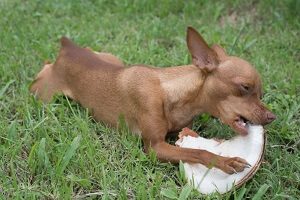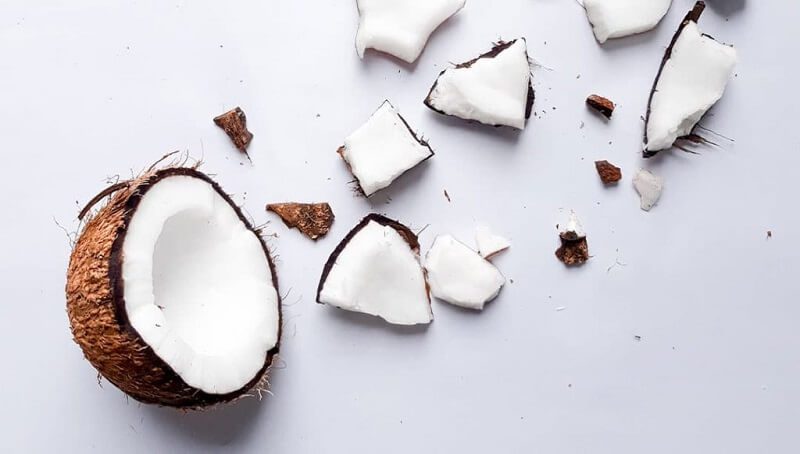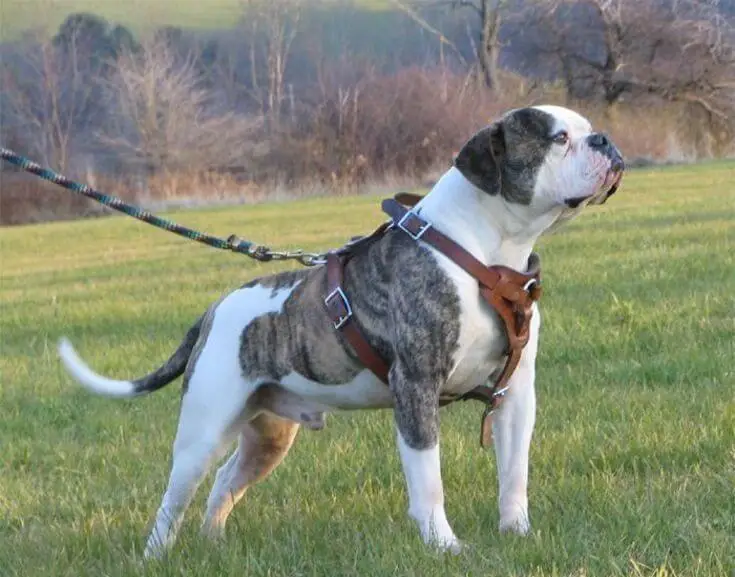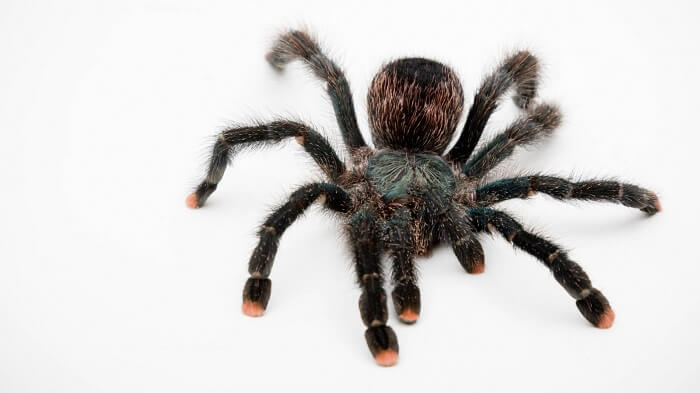When it comes to giving your dog a coconut, the thing that crosses the minds of most dog owners is that their dogs play with the coconut as if it were a toy. But when it comes to coconut consumption, the owners ask themselves whether dogs can eat coconut or not.
Can dogs eat coconut?
Coconut is in trend in the pet world, just like for us, and you don’t have to look far to see delicious coconut-infused treats and care products or suggestions for feeding your dog as well as coconut oil for rubbing on the paws of your pet during winter. But what about the coconut itself? Is it safe for our furry friends?
Although there are certain considerations you need to know about, coconut is not toxic to dogs and offers a lot of health benefits.
Coconut itself is not toxic to your dog, but it should be said that coconut contains medium-chain triglycerides, which can lead to digestion problems, stomach pain, and bloating.
Why should dogs eat coconut?
Some of the advantages of offering coconut to dogs are:
- Fights viruses.
- Protects it from infections.
- Stimulates the immune system.
- Forms red blood cells in the body.
- Improves the dog’s coat and skin.
- Keeps the dog coat smooth and shiny.
- Combats annoying problems, such as flea and skin allergies.
- Improves the dog’s smell.
- Reduces the bad breath of the dog.
- Regulates and balances insulin and thyroid levels.
- Helps in curing arthritis or ligament problems.
- Helps to heal cuts, wounds, insect bites, and stings when applied to them.
How much coconut should I give my dog?
You shouldn’t give it too much, especially because coconuts are high in fat and you don’t want to negatively influence the health of the dog, as this can lead to obesity.
You might also like my articles on whether dogs can eat seaweed sheets, chunky peanut butter, or blueberries.
Always keep in mind that, like any other new food you introduce to your dog’s diet, you should always monitor how your dog reacts to it. So, to make sure that no serious side effects, such as diarrhea, occur, introduce coconut into their diet at a very gradual rate at first.
Now, how exactly do you incorporate coconut into your dog’s overall diet? Coconut for your dog is available in many different forms, including fresh solid, dry solid, water, oil, milk, and flour. You can add any of the fresh, dry, and liquid coconut forms directly into your dog’s food. This is the preferred method for most dog owners who feed their pets coconut.
If you are feeding coconut meat:
Coconut meat is the inside white flesh, and can be purchased raw or dried, and is usually shredded or flaked. Avoid feeding your dog sweetened coconut, which is used in baking and contains added sugars that are not healthy for the pet. Instead, always offer unsweetened varieties and feed them in moderation. Although non-toxic, coconut contains medium-chain triglycerides that can upset a dog’s stomach and lead to bloating. It is also high in calories. Stick to small portions to diminish any gastrointestinal stress.
Another caution note, especially if you are planning to buy whole coconuts, is to keep the shells and outer skins away from your dog. These hard parts can be harmful if swallowed.
If you are feeding your dog coconut oil:
High-quality coconut oil can be purchased in a jar and is a great way to improve the health benefits of your dog’s current diet. It can be fed even from the spoon or put into your dog’s food, with a maximum daily recommended amount of about one tablespoon per 30 kilograms of body weight. As always, pay attention to any signs of stomach pain.
Coconut oil can also be used for many other purposes as it has additional benefits. Apply it to its skin or fur, with an emphasis on dry areas, such as your dog’s paws or elbows.
Can dogs drink coconut water?
Coconut water is known for its various nutritional and health characteristics, which contain many vitamins, minerals like calcium, iron, manganese, magnesium, and zinc, electrolytes, and enzymes. So, obviously yes, your dog can drink coconut water and it is very good if they do.
One thing you can do with coconut water is to use it as a treat/reward when training your dog. Apart from being super tasty and refreshing, it is known for boosting your dog’s energy, which is perfect if your dog starts to lose weight after some training time. During a hot summer day, coconut water can be one of the best treats/rewards for your dog, ever!
Other ways to feed your dog coconut
 If you like to be creative in the kitchen, then consider homemade coconut-based food for the furry one! Here are some ideas to get you to make the furry one happy.
If you like to be creative in the kitchen, then consider homemade coconut-based food for the furry one! Here are some ideas to get you to make the furry one happy.
- Fruits with coconut oil. Mix a cup of solid coconut oil with a handful of your dog’s favorite frozen fruits. Put them on a tray with ice cubes and freeze them. Just remember to follow the guidelines for feeding coconut oil when sharing it with your dogs.
- Coconut biscuits, peanut butter, and honey. Preheat the oven to 375 degrees Fahrenheit. In a big bowl, combine a cup of coconut flour, 1 egg, 1 cup of water, 1 cup of peanut butter,1 cup of melted coconut oil, 2 tablespoons of baking powder, and 1 tablespoon of honey. Roll the dough and cut it into shapes. Bake it for 15-20 minutes or until the biscuits are hard enough.
- Banana blueberry coconut smoothie. Mix together 1 banana, 1 cup of blueberries, 1 cup of ice, 1 tablespoon of peanut butter, and 1 tablespoon of coconut oil. If your dog is small-sized, split the smoothie into smaller portions, give some to your dog, and save the rest in an air-tight container in the refrigerator.
Can a dog eat coconut shells?
Never give your dog a coconut shell to eat, as it will always lead to obstruction of the dog’s digestive system.
You’ll find a few articles that tell you that giving a coconut shell to the puppy, will make the pet chew it which will improve some of its chewing habits, but this is just a risky game. How can you make sure that your dog stops just chewing on the shell and does not swallow any of it at all? Also, how can you be sure that coconut peel, which is as heavy as it is, will not harm your dog’s teeth?
So, to avoid any issues, keep your dog away from your coconut shells. Playing with coconut shells is fine, as long as it is done under your supervision, or someone else’s, and your dog doesn’t eat coconut shells.
Offering coconut, it’s a great way to balance your dog’s electrolytes and keep them healthy, but their health comes from what you feed them every day. So make sure the rest of the diet is also healthy and balanced.




